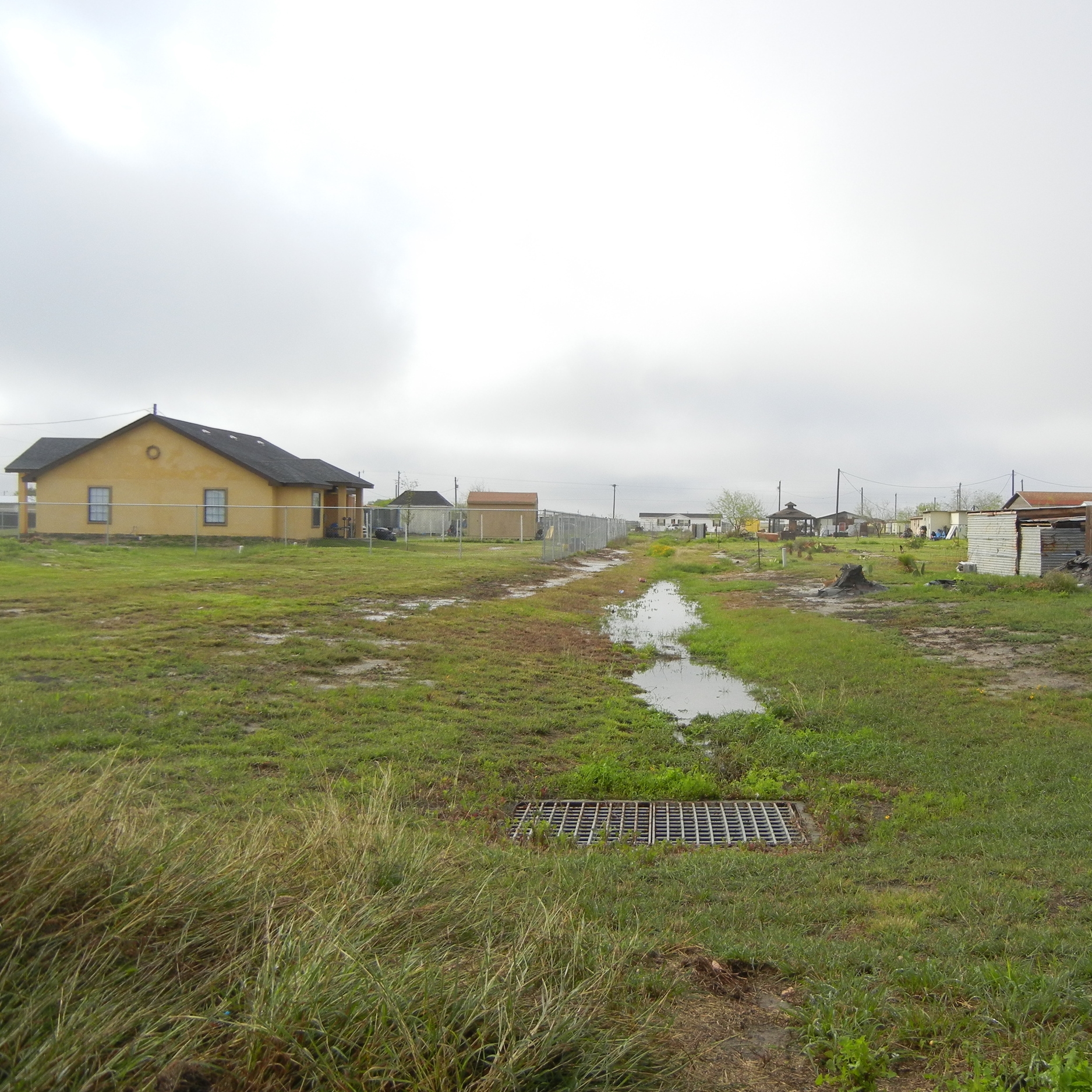Learn more about LUCHA.
LUCHA emerged from the 2012 Colonia Summit held by state Senator Eddie Lucio, where colonia leaders and state officials gathered to discuss issues which require more systemic change. A key outcome was the determination that a council of colonia residents would be created to work with local and State government. LUCHA was designed to support the council, build capacity of local colonia residents [representantes], and identify community supported policy issues for the 2015 legislative session.
The term "colonia," in Spanish means a community or neighborhood. The Office of the Secretary of State defines a "colonia" as a residential area along the Texas-Mexico border that may lack some of the most basic living necessities, such as potable water and sewer systems, electricity, paved roads, and safe and sanitary housing. Lack of affordable housing, coupled with Texas’ limited regulation and low taxes at the county level, has contributed to thousands of families settling in primarily isolated communities on former farmland, ill prepared to handle the infrastructural needs of residential development.
While significant improvements have been made, including paved streets, potable water connections, and standards for water systems, limited efforts have been made incorporating colonia residents in infrastructure or long-range planning efforts. In 2011-12 colonia leaders, community organizing institutions, Community Development Corporations, planners, and housing policy experts partnered to develop seven (7) model colonia plans. The model colonia plans serve as the backdrop for LUCHA.
![[bc]](http://images.squarespace-cdn.com/content/v1/5248ebd5e4b0240948a6ceff/1412268209242-TTW0GOFNZPDW9PV7QFXD/bcW_square+big.jpg?format=1000w)




